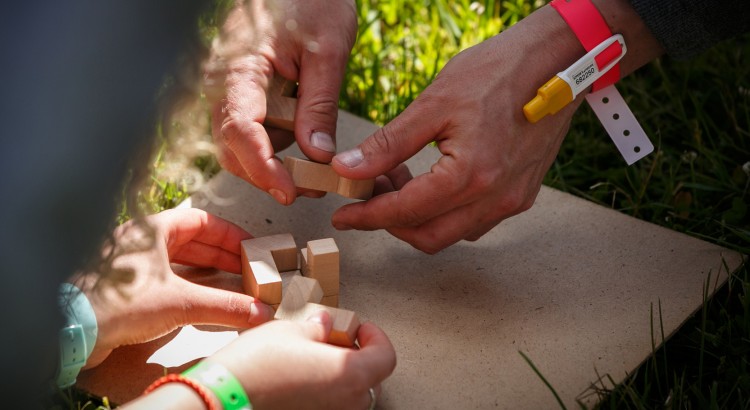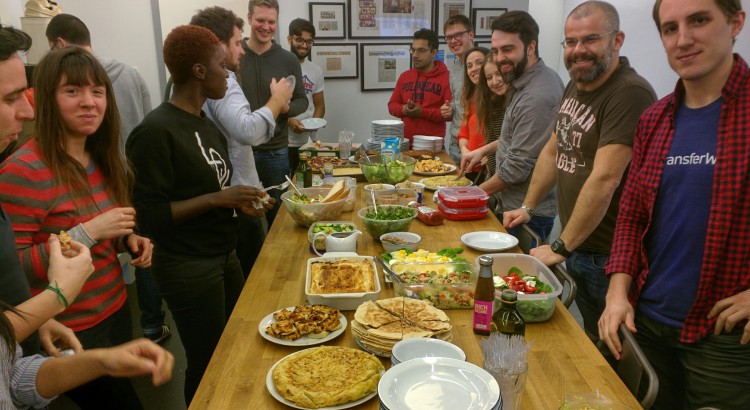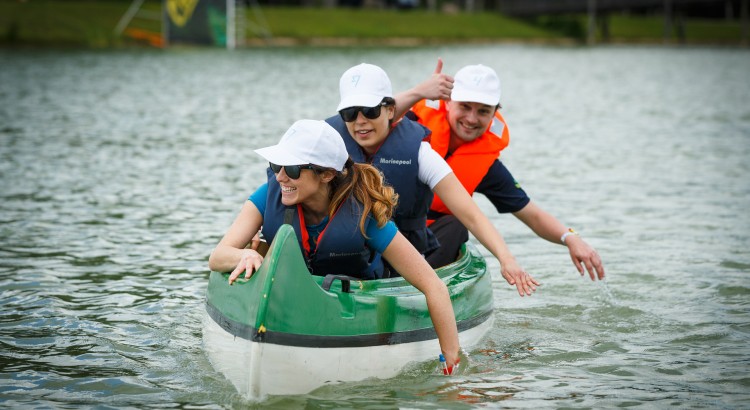The word manager is now deeply despised in the tech world. Even HR consultants these days prefer to talk about leaders. Often, unfortunately, it is just a different label for the same thing. Read More

My own little bank
I’ve wondered lately why we keep our money on bank accounts. Why would anyone in their right mind risk their hard earned cash for bankers to invest in loans for their profit, without any return to the deposit holder.
So I set up my own little alternative to a bank. I store any small amounts left over from my monthly salary into one of the two places:
- German government bunds – through an exchange traded fund
- Peer to peer loans to businesses – through FundingCircle and Zopa

Startup = speed
A couple of months ago I wrote about remaining a startup with 100+ people. Today we are nearly 300 people and having an ever better appreciation of what being a startup means.
Startup is defined by growth. Growth is generated by the speed of the organisation … with a bit of luck. There is luck in the original idea, the supporting market condition, in the people who come together around the idea. Optimising for luck is near impossible. Hence the success of the startup after it has reached its first fragile product-market fit is determined by the speed at which the organisation can evolve the product and engage customers.
Speed of the organisation isn’t trivial. We have lots to learn from the 5-10 person pre-money startup teams, who are super focussed on their mission and are dedicating their every brainwave to making the product a success. These teams move incredibly fast. How to retain that same speed with 300+ people?

Only as good as your teacher
In 20 years time the predictions suggest that we have conquered most diseases with nanobots that slush around in our bloodstream. People aren’t allowed on highways, because they disturb the self driving cars. The virtual reality that is beamed onto our retina from smart glasses is 100% same as the reality.
The people, who will create this world are leaving school today. Some of these youngsters will get involved in designing and creating this world, others will learn to get by. Some will not be prepared for that new world at all.

Anatomy of the founder interview
We hired 200 people last year, going from 45 to 245 people in twelve months. My worries about how we’ll all fit together vanished this weekend seeing everyone thoroughly enjoying each other’s company at our all-hands meet.
We work hard to achieve that common culture powering our engine. It takes on average 4 interviews to become a Wiser. Some people have come through 8-9 rounds, case studies and trial days. The final step for every candidate is the founder interview. While the first interviews focus on the technical skills and the candidate’s fit for getting the job done, then this interview is about fitting into the culture.
Only if the team is perfectly aligned in their motivation and desires, only then is it possible for everyone to deploy their full potential on the hard problems that we’re solving. We have no time for any monkey business.

How to work like a startup with 100+ people
We’re just past our quarterly update excercise where we decide what to build over the next 3 months. The team has grown again, from ~80 revolutionaries last quarter to about 130 now. Reflected on a couple of learnings about high performing teams.
- you can’t tell the team what to build
- organise teams behind company goals
- keep teams small and independent
- supply the vision
Nothing matters more than speed in a startup. Removing friction and giving clarity around the vision and goals pays off like nothing else.


